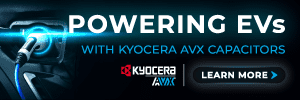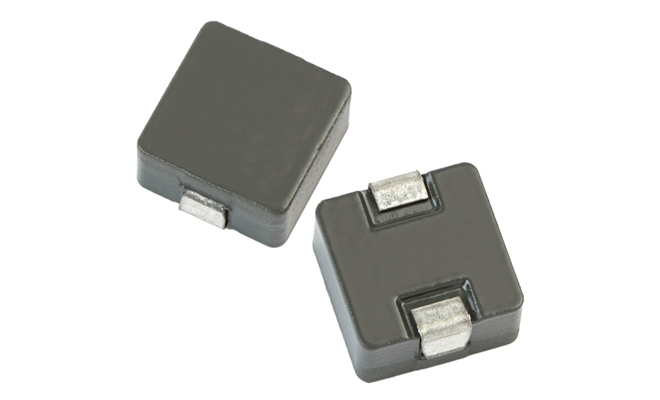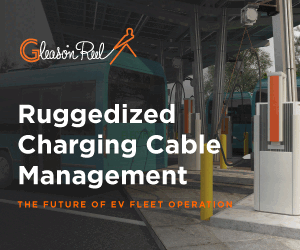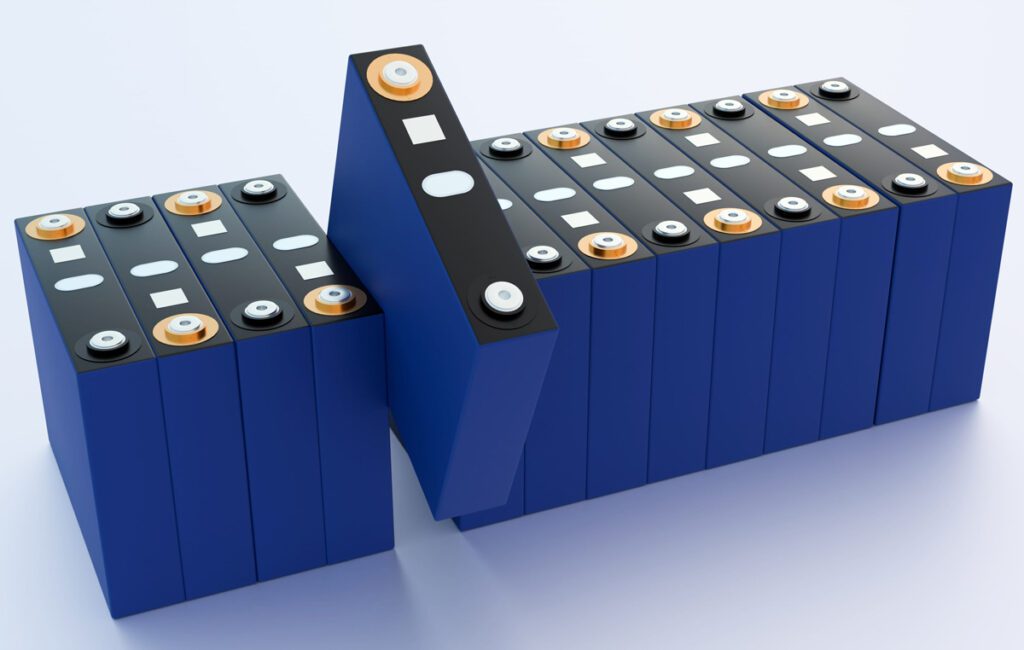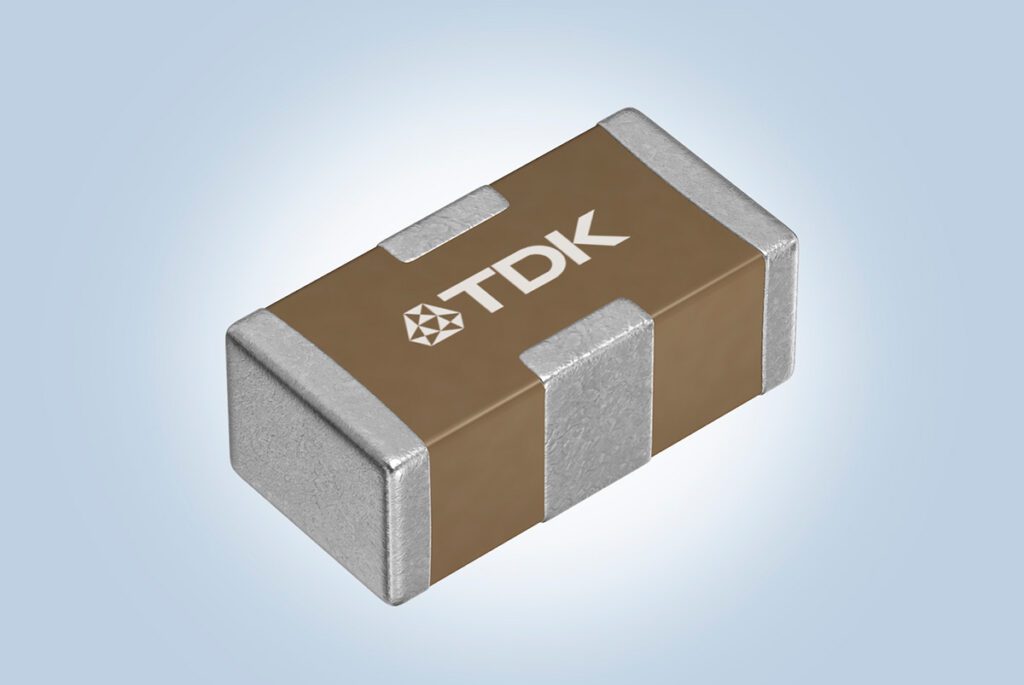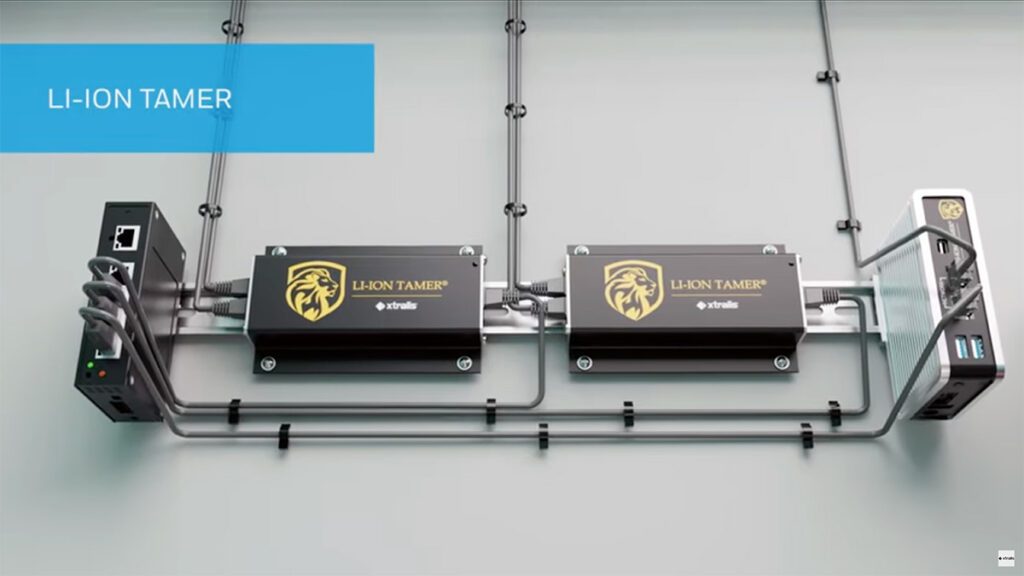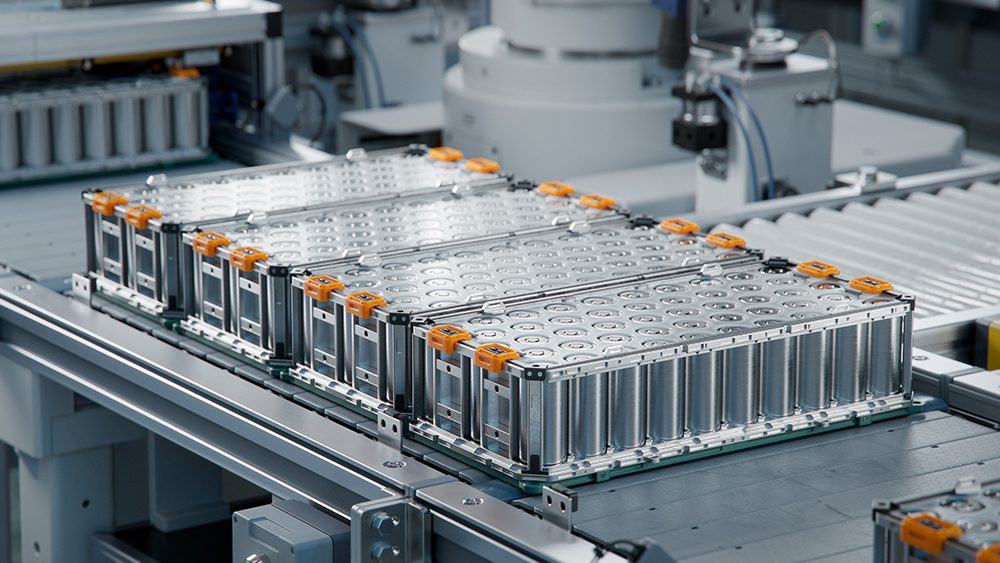Power management company Eaton has launched a new line of automotive-grade high-current power inductors for DC/DC converters, voltage regulators, battery-powered systems, multi-phase regulators and point of load modules.
Automotive manufacturers require components that endure a wide temperature range, corrosive conditions, noise, electromagnetic interference (EMI) and shock. HCM1A inductors are compliant with AEC-Q200 Automotive Grade 1, which specifies an operating range of -40° to 125° C. The materials used in Eaton’s HCM1A inductors are designed to withstand the effects of thermal aging and protect against corrosion. Eaton’s solution offers high current-carrying capacity, high power density, low core losses, and magnetic shielding to reduce EMI effects to other devices in the engine compartment.
The low core loss performance of the HCM1A product line is designed for input and output filtering applications used in engine compartments with more sophisticated digital control and DC motors. These motors generate noise that could adversely affect the performance of adjacent electronic systems. Filters with HCM1A conductors are designed to reduce this noise.
The HCM1A product line offers surface-mount packaging in a range of sizes and compact heights beginning at 3 mm. Free samples can be ordered from Eaton, or purchased from Digi-Key and Mouser.
“Vehicle engine compartments present environmental challenges, and auto manufacturers want assurance the components they use are up to those demands,” said Global Product Manager Steve Subiry. “The AEC Component Technical Committee specifies the Q200 standard to ensure electronic components used in vehicles are reliable, and the HCM1A product line has been designed to comply with this standard.”
Source: Eaton






